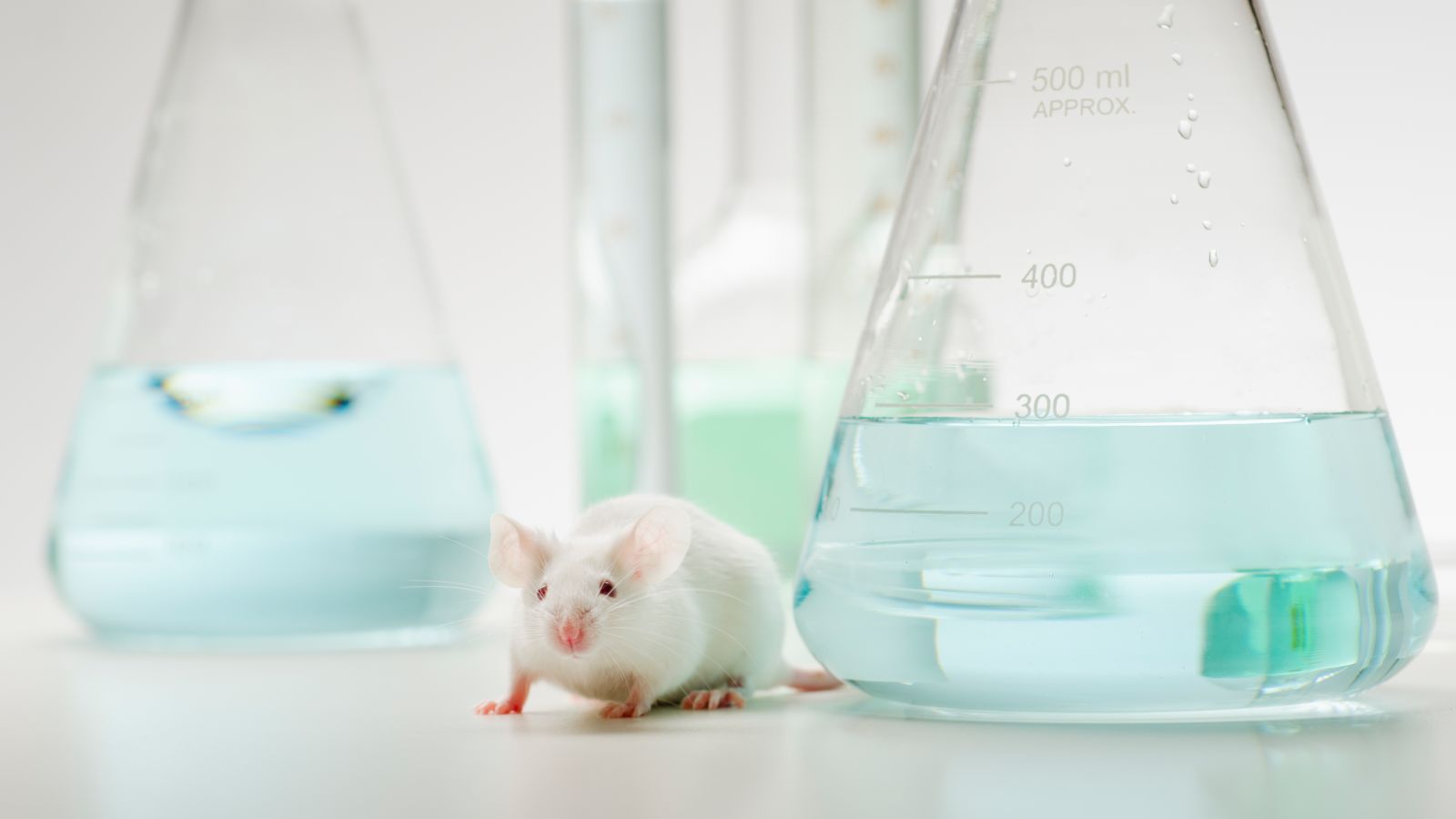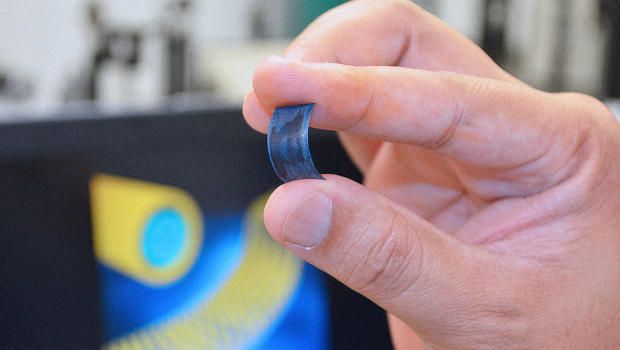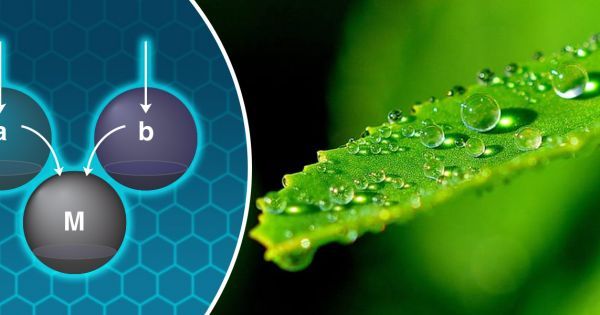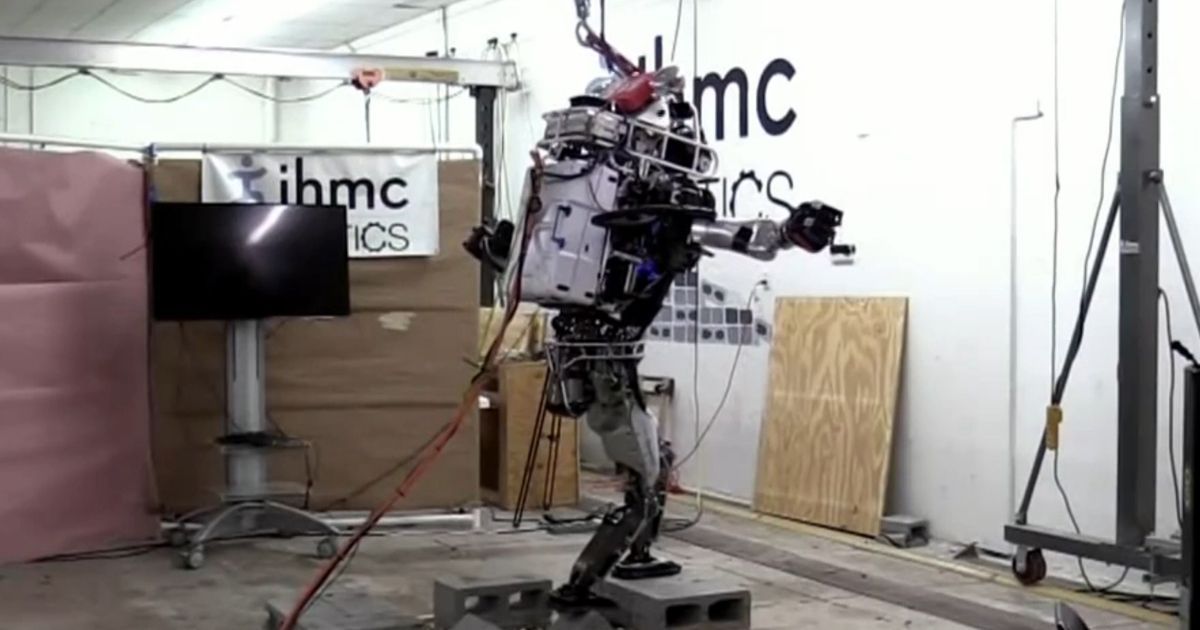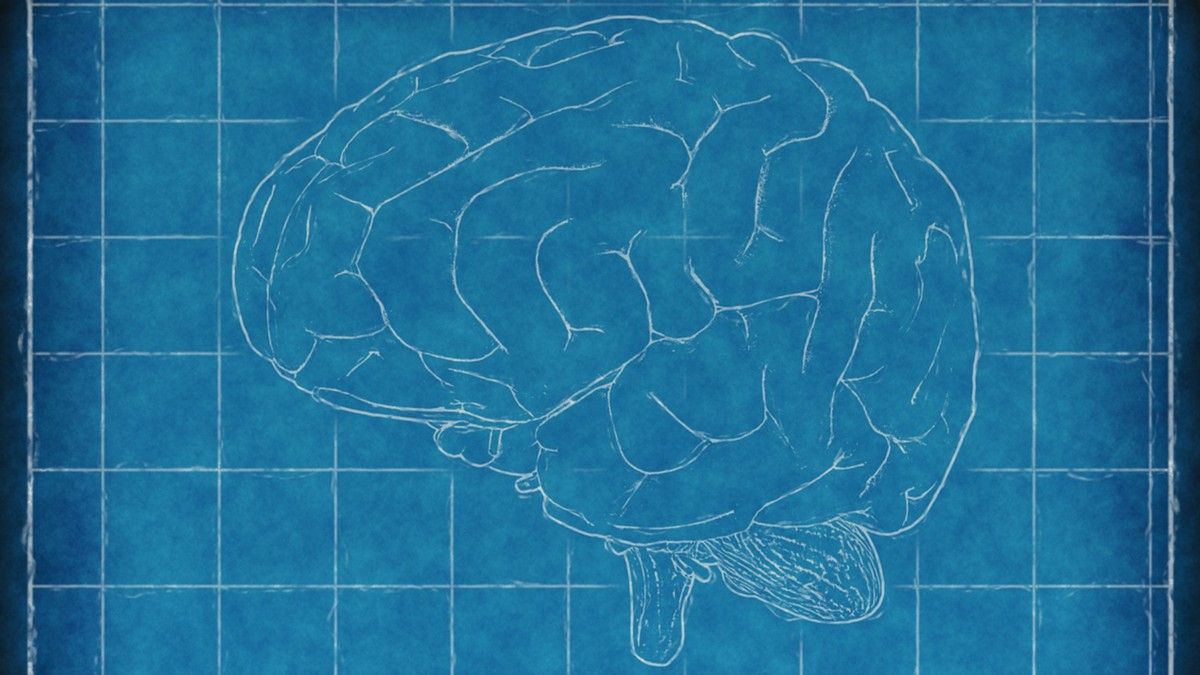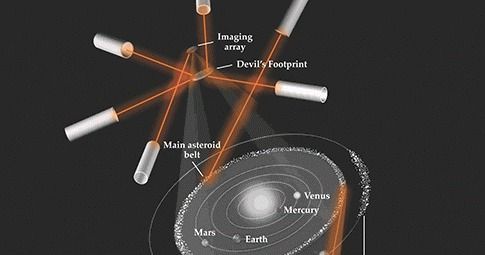Page 10684
Dec 5, 2016
Video: How will we get to Alpha Centauri? Researchers work on an antimatter drive
Posted by Klaus Baldauf in categories: futurism, space

The scientists who support Project Blue are already thinking about how future explorers could get to the planets around Alpha Centauri.
Dec 5, 2016
Infertility breakthrough as cancer drug sparks growth of new eggs in ‘astonishing’ discovery
Posted by Shane Hinshaw in categories: biotech/medical, life extension
Infertile women have been offered new hope after scientists found that a common cancer drug triggers the development of new eggs, an outcome which was previously thought to be impossible.
In a discovery hailed as “astonishing”, researchers at the University of Edinburgh proved it is possible to reverse the clock and coax the ovaries back into a pre-pubescent state where they begin to produce new eggs.
Women are born with all their eggs, which is why conceiving becomes harder with age, because the eggs grow old, become damaged and eventually run out entirely.
Dec 5, 2016
This Battery Charges In Seconds, And Lasts All Week
Posted by Shane Hinshaw in categories: materials, nanotechnology
It’s a super capacitor made with nano-materials, but all you need to know is—if it’s commercialized—your days of worrying about your battery might be over.
Dec 5, 2016
Light Harvesting “Quantum Photocells” Herald A New Age in Solar Energy
Posted by Shane Hinshaw in categories: biological, quantum physics, solar power, sustainability
In Brief
- By combining the fields of quantum physics and biology, researchers have developed more efficient solar cells inspired by photosynthesis.
- With current solar cells wasting about 80 percent of the energy absorbed, it will be interesting to see what future innovative approaches will allow in the pursuit toward universal clean energy.
Science once again reaches a milestone in technology by modeling it after nature. Researchers have devised a new type of highly efficient photocell by studying photosynthesis in plants.
Nathan Gabor, assistant professor for physics and astronomy at the University of California, Riverside, led research spurred by a simple question as to why plants are green. This eventually led to a quest to mimic plants’ ability to efficiently harvest energy from the Sun regardless of how erratic the sunlight is.
Continue reading “Light Harvesting ‘Quantum Photocells’ Herald A New Age in Solar Energy” »
Dec 5, 2016
Westworld is raising some huge issues about our future
Posted by Sean Brazell in categories: ethics, mobile phones, robotics/AI
But Westworld is more than just entertainment. It raises problems that society will have to face head-on as technology gets more powerful. Here are a couple of the biggest.
1. Can we treat robots with respect?
Westworld raises a moral question — at what point do we have to treat machines in a responsible manner? We’re used to dropping our smartphones on the ground without remorse and throwing our broken gadgets in the trash. We may have to think differently as machines show more human traits.
Continue reading “Westworld is raising some huge issues about our future” »
Dec 5, 2016
Terrifying life-size robot stalker can run faster than humans over rocky terrain
Posted by Elmar Arunov in category: robotics/AI
A 6ft robot is now able to walk and run over rocky terrain and balance itself just like a human.
Google’s Boston Dynamics’ Atlas robot has been upgraded so it is able to balance itself as it travels over stones and rocks.
In a video the Florida Institute for Human & Machine Cognition explains: “The Atlas Humanoid walking over small and partial footholds such as small stepping stones or line contacts.
Dec 5, 2016
Human Intelligence (HI)
Posted by Elmar Arunov in categories: Elon Musk, robotics/AI, singularity
Are you scared of Artificial Intelligence (AI)?
Do you believe the warnings from folks like Prof. Stephen Hawking, Elon Musk and others?
Is AI the greatest tool humanity will ever create, or are we “summoning the demon”?
Dec 5, 2016
Vision of a Asteroid Belt Astronomical Telescope and hypertelescopes
Posted by Klaus Baldauf in categories: physics, space
Physics Today has a speculative article that proposes that laser light be used to shape and polish an asteroid to high optical standards. This could create an Asteroid Belt Astronomical Telescope (ABAT).
The Asteroid Belt Astronomical Telescope (ABAT) focuses light from laser-polished asteroids onto dual imaging arrays above and below the solar system; other intense laser pulses maneuver the arrays to different locations, thus allowing ABAT to point at multiple celestial targets. Asteroid ablation residue corralled into a pair of Devil’s Footprints shields the focal regions from solar illumination. (Courtesy of Laura Kim.)
Imagined 10 meter resolution imaging of exoplanet.
Continue reading “Vision of a Asteroid Belt Astronomical Telescope and hypertelescopes” »
Dec 5, 2016
New tool lets AI learn to do almost anything on a computer
Posted by Elmar Arunov in category: robotics/AI
OpenAI hopes that by making artificial intelligence more useful, it’ll gain wider use and acceptance.
